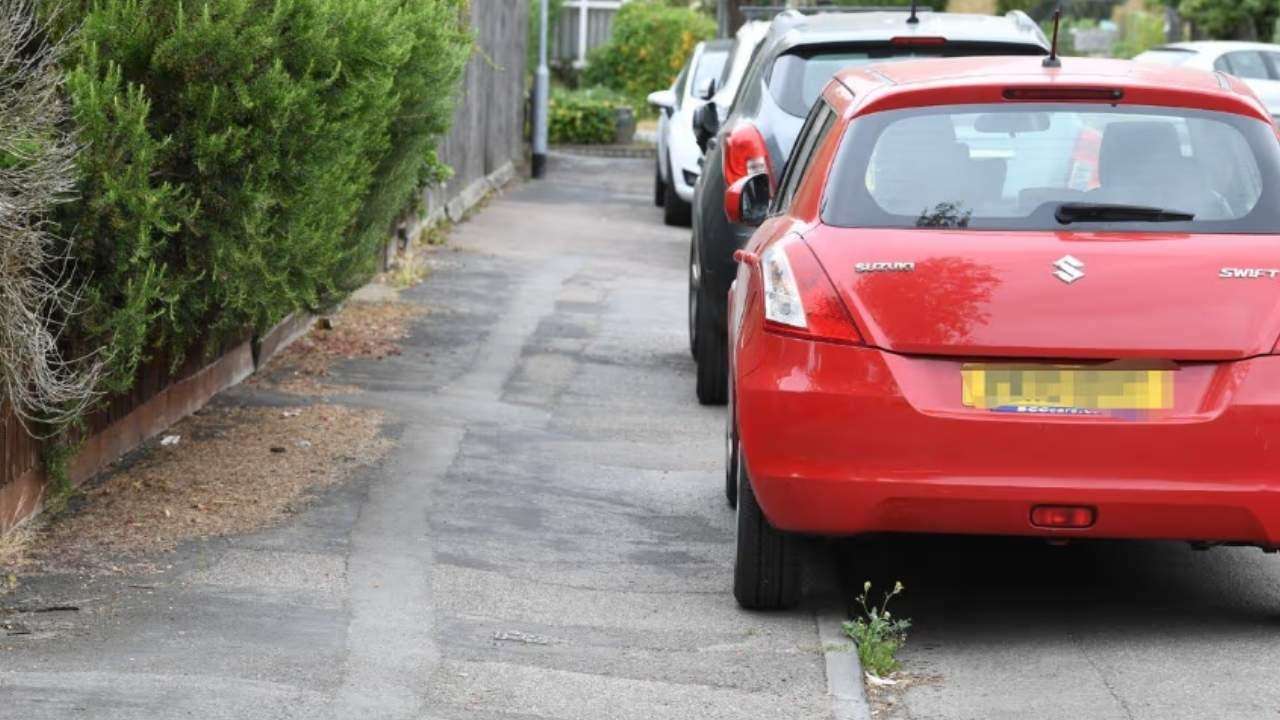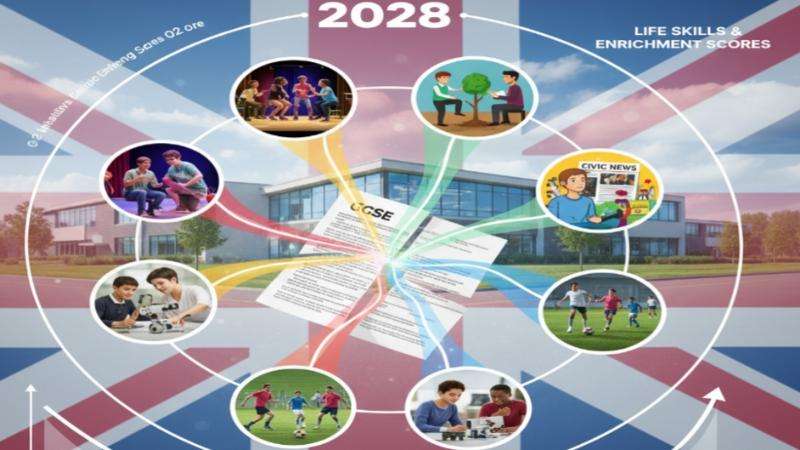The UK education system is on the cusp of a significant transformation, moving decisively away from the high-pressure, content-heavy model that has defined it for over a decade. A comprehensive review, spearheaded by Professor Becky Francis, has laid out an ambitious blueprint that prioritizes student wellbeing, broader skill development, and a sharp reduction in exam-related stress. The most compelling proposal is a commitment to cut approximately three hours from the total length of all GCSE exams sat by pupils, alongside a reduction in course content for key subjects like history and the sciences. This strategic reduction is designed to free up crucial teaching time, allowing schools to focus on "amazing other things" such as drama productions, sports, and valuable work experience placements, Daily Dazzling Dawn realised.
Implementation: Beyond the Cut – What’s Next for a Balanced Curriculum?
The core of this new vision lies in a fundamental rebalance of the curriculum. The proposed exam time cut is not merely a reduction but a calculated investment in "enrichment." To ensure this liberated time is used effectively, the Department for Education (DfE) has announced plans for a new set of enrichment benchmarks. These benchmarks are a crucial next step for implementation, designed to mandate that all schools offer and document student access to key areas:
Civic Engagement: Fostering a deep understanding of law, democracy, and media literacy, with citizenship classes becoming compulsory in primary schools.
Arts and Culture: Guaranteeing access to creative outlets that are often marginalized under an exam-centric system.
Nature and Adventure: Promoting physical activity and environmental awareness, strongly supported by the review's focus on climate change and sustainability in the curriculum.
Sport and Life Skills: Building confidence and essential practical competencies required for life after school.
The DfE intends for these new benchmarks to be inspected by Ofsted and clearly advertised to parents through a new "school profiles" information service. This accountability mechanism is key to ensuring the vision for a well-rounded education is translated into consistent practice across all schools, addressing concerns from leaders like Pepe Di’Iasio of the Association of School and College Leaders about resource allocation for these new expectations.
Navigating Policy Conflicts for a Coherent System-The immediate challenge for a seamless transition lies in the apparent inconsistencies within the government’s own recent policy announcements. While the review advocates for diagnostic tests in Year 8 for maths and English, the Education Secretary, Bridget Phillipson, has already announced a mandatory national reading test for all Year 8 pupils. For the reform to be truly effective, the DfE must clarify whether this new reading test is the intended diagnostic tool or an additional, mandatory assessment, which would undermine the review's goal of reducing assessment burden.
Furthermore, a significant point of reform focuses on the controversial Progress 8 accountability measure, which tracks attainment from Key Stage 2 to GCSEs. While the Francis review recommended its retention, the DfE has publicly stated its intention to reform the measure. The government's stated aim for this reform is positive: to "encourage students to study a greater breadth of GCSE subjects including the arts, humanities and languages" alongside core subjects. For the system to work optimally, a detailed and transparent plan for the Progress 8 reform must be published swiftly, illustrating how it will align with the new enrichment focus and shorter GCSE model. Additionally, the government is exploring a new language qualification to motivate and "bank progress" for pupils, complementing existing GCSE and A-level pathways, further enriching the options available post-14.
These combined changes—the cut in exam time, the introduction of mandatory enrichment, the end of the English Baccalaureate (EBacc) as a steering measure, and curriculum updates for climate and civic literacy—represent a monumental shift. By moving towards a model where success is measured not just by exam grades but by the breadth of skills and experiences gained, the revised national curriculum, targeted for publication by spring 2027 for teaching in classrooms from September 2028, promises to equip the next generation to face the complex challenges and opportunities of the modern world.
#UKCurriculumReform #ShorterGCSEs
#LifeSkillsEducation
#Education2028
#EnrichmentBenchmarks








.svg)



.jpg)